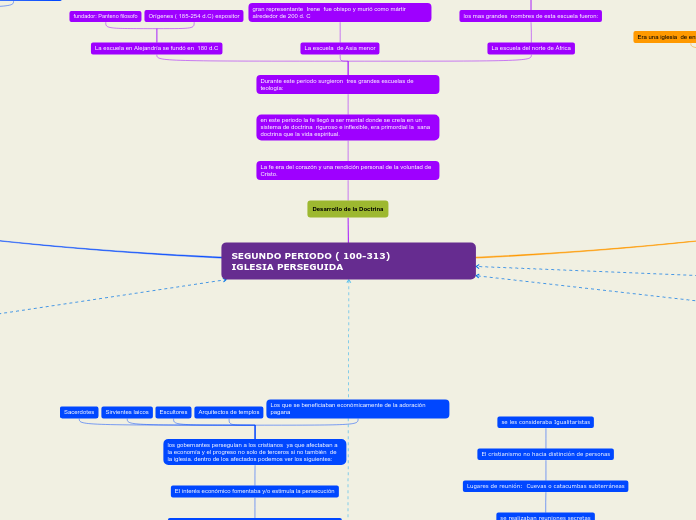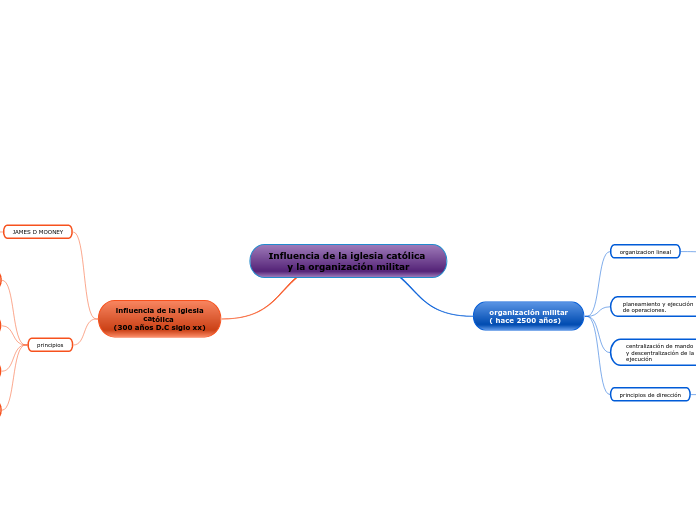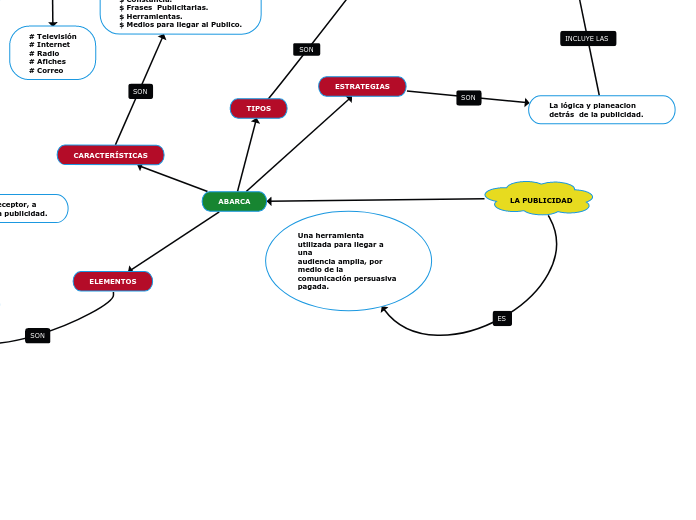DESPUES DEL CHASCO
To name your story, you have to think about the overall message and what you want your audience to understand from the story. Also, make it relevant and easy to remember.
PIONEROS DE LA IASD
The ending of a story is essential. We all know that if the ending is weak, what happened before loses its importance. So make it unpredictable, but fair. A resolved ending answers all the questions and ties up any loose threads from the plot.
JOSE BATES
En 1845 aprendió acerca del sábado como día de reposo.
Fue un evangelista respetado y dirigente de la iglesia
Acepto el mensaje de Miller y fue testigo del chasco.
Nació en Massachussets en 1792. Desde joven fue marinero.
HIRAM EDSON
El introdujo la doctrina del santuario celestial en la iglesia.
Acepto el mensaje de Miller y fue testigo del gran chasco en 1844
Nacio en Gorham en 1806. Fue miembro de la iglesia metodista
JAIME WHITE
This is the closure section of the story.
See examples of possible outcomes below:
- all problems have been solved
- it's clear how each one of your characters ends up
- your main character is transformed by the challenge
Fue una de las personas mas importantes en el inicio y desarrollo de la iglesia.
Try answering these questions in order for you to come up with a closure:
- Have all problems been solved?
- Is it clear what happens with all your characters in the story?
- Has the challenged transformed your main character?
- How do the characters feel in the end?
Se caso con Elena Harmon y fue pastor de la IASD
Fue un maestro, ministro de la iglesia conexión cristiana y en 1844 acepto el mensaje de Miller.
Jaime White nacio en Maine en 1821. Era descendiente de los peregrinos de Europa
Try answering these questions to come up with a closure:
- Have all the problems been solved?
- Is there a clear picture of what happens with each character in the story?
- Has the challenge transformed your main character?
- How do the characters feel in the end?
ELENA GOULD HARMÓN
This is the moment when the main character surpasses the last obstacle and finally faces their greatest challenge.
The climax usually follows one of these patterns:
- realization
- resolution
- choice
Type in your answer.
Elena fue una mensajera de Dios, consejera y escritora
En 1844 tuvo su primera visión y en 1846 se caso con Jaime White.
En su adolescencia , ella y su familia aceptaron el mensaje de Miller. Espero la venida de Cristo en 1844.
De niña sufrió un accidente
Elena nacion en Maine en 1927, era la hermana menor de 8 hermanos junto a su hermana melliza Elizabeth
CORRIGIENDO EL ERROR
The middle of the story is where you add layers of complications that will lead to the end. Reveal more about the character's journey. Did their personality go through changes? How did they overcome the challenges? And as you build up the story’s central conflict, make it more personal to that character. Also, from the middle act, you have to lead into the final act.
Profecía del Juicio investigador Daniel 7
Se manifestó el don profético de Elena g. de White, en diciembre de 1844 tuvo su primera visión.
Jose Bates y Rachel Oakes entendieron la importancia del sábado
There wouldn't be any tension and excitement in your story if there weren't any obstacles in your character's way.
Hiram Edson concluyo que Dn. 8:14 no significaba la 2da venida de Cristo sino El Juicio Investigador
Your character(s) need(s) motivation in order to solve the challenge(s).
Los adventistas sabatistas comprendieron el error de Miller
Each story has a main character and that character usually needs to solve a problem or challenge. The character's challenge is the one that creates tension throughout the story.
LOS 3 GRUPOS DE ADVENTISTAS
In the beginning of the story (or the exposition), you will need to introduce the setting and characters. You might also want to introduce the main conflict. This part of the story is important because it gives the reader necessary background information and maybe even a first insight into a character’s personality.
ADVENTISTAS SABATICOS
Es el mayor movimiento adventista
No renunciaron a la 2da venida de cristo y profundizaron un estudio de la palabra de Dios
Se reunían en grupos pequeños para orar y estudiar la biblia.
Formado por Jose Bates, Hiram Edson, Jaime White y Elena G. Harmon.
ADVENTISTAS EVANGELICOS
The setting (time & place) of a story can change throughout the plot.
Miller fallecion en 1849
Sensory details include sight, sound, touch, smell, and taste. These details are important because they create depth in your setting.
See a few examples below:
- the smell of fresh bread
- the scent of freshly cut grass
- rain falling onto the windshield etc.
Actualmente son los "adventistas cristianos" y son dominicales.
The weather is an important element in your story because it can highly influence the ambiance and the mood of the characters.
Se mantuvieron en el movimiento millerista y predicaron los mensajes de Miller.
The time of the story can also change. It can describe the event of a single day or can include an entire year's plot. Anyway, don't forget to mention it.
Liderado por Himes, Litch y Galusha dirigieron conferencias en 1845
Your story can take place wherever your imagination will take you to.
For example: in an elevator, in an enchanted forest, etc. Don't forget to give details of the environment each time the setting changes, otherwise, the story can be confusing. Also, mention the seasons as each of them has unique weather and events.
ADVENTISTAS ESPIRITUALIZADORES
Characters are essential to a good story. Usually, the protagonist(s) is/are the most affected by the plot. Introduce a character by focusing on their actions, interests, and occupation, as the physical appearance doesn't make a difference in most cases.
Aseguraban que Cristo ya había venido y que estaban en el cielo. Con el tiempo desapareció.
Surgio el fanatismo promovido por Pic-kands y Enoch Jacobs.
Sostenía que el 22 de de octubre de 1844 se había terminado el tiempo de gracia.
En 1845 Apollos Hale y Joseph Turner propusieron la teoría de "la puerta cerrada".
Type in the name of your character.










